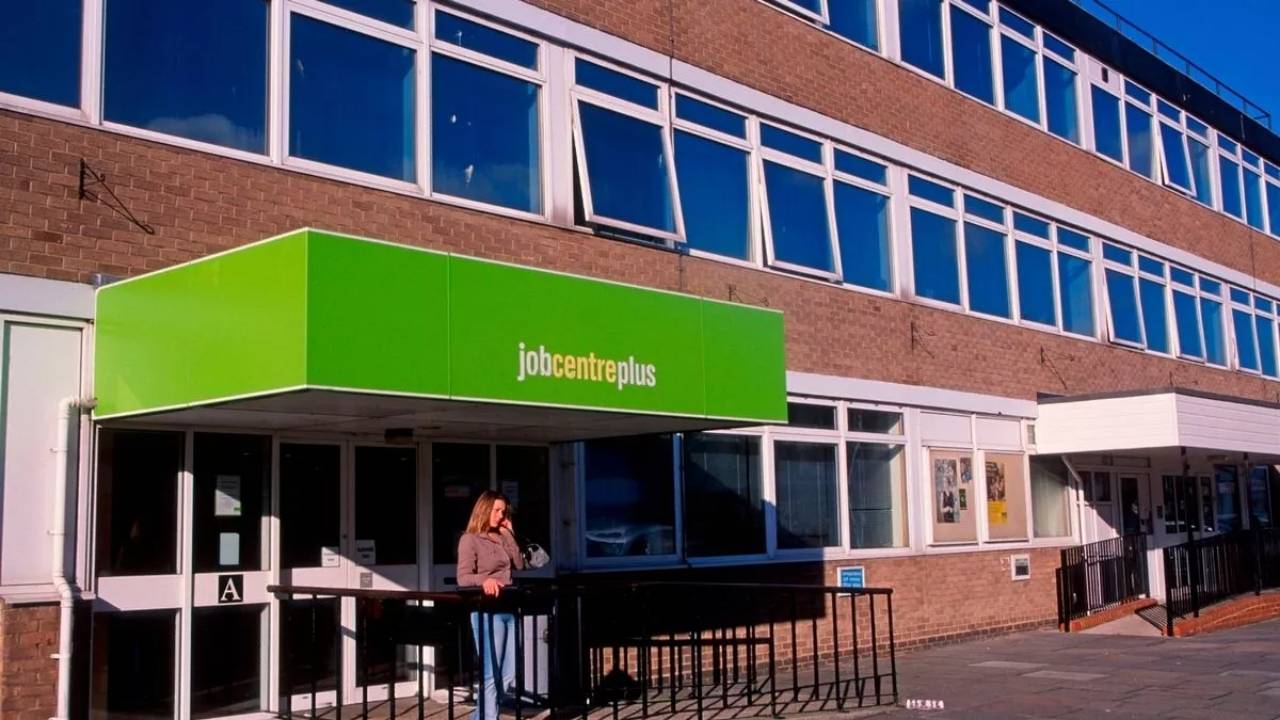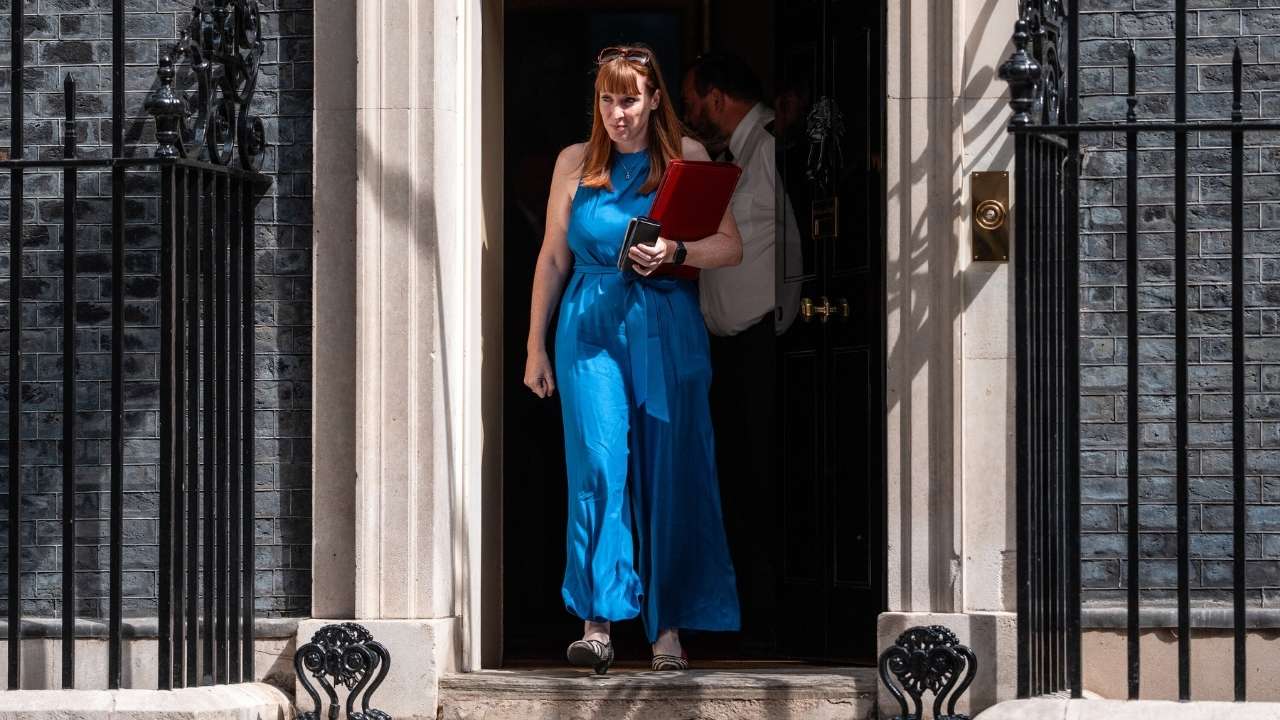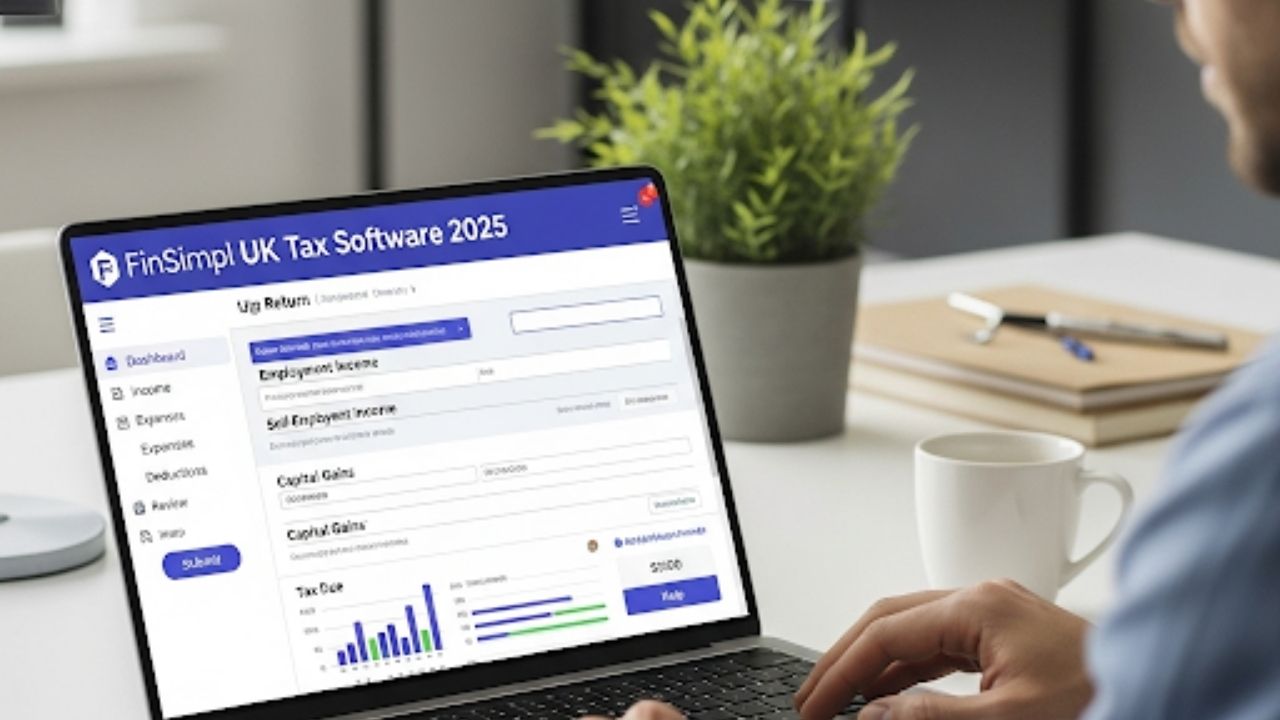Northern Ireland has begun issuing its new Farm Sustainability Payment to thousands of farmers, the Department of Agriculture, Environment and Rural Affairs (DAERA) has confirmed. Agriculture Minister Andrew Muir described the funding as a vital first step in a fundamental shift towards a new future farming policy focused on long-term environmental and economic resilience.

New Farm Sustainability Payment Rolls Out
| Feature | Detail |
| Payment Name | Farm Sustainability Payment (FSP) |
| Purpose | To provide a stability payment for farm businesses as Northern Ireland transitions away from the EU’s Common Agricultural Policy. DAERA Statement |
| Initial Tranche | An advance payment of 50% is being issued from the first week of September 2024. |
| Eligibility | Issued to farm businesses that submitted a Single Application in 2024. |
A Bridge to a New Future Farming Policy
The Farm Sustainability Payment (FSP) effectively replaces the EU-era Basic Payment Scheme (BPS), which was based primarily on the amount of land farmed. According to DAERA, this new payment serves as a transitional measure, providing financial stability to farmers while the department develops and implements a comprehensive future farming policy.
In a statement, Minister Muir emphasised the payment’s role as a foundational element of a larger strategy. “This is just the beginning of our journey,” he said. “The FSP provides a degree of certainty for farmers this year, but our long-term goal is to design a support system that rewards farmers for producing high-quality food while also delivering crucial environmental outcomes.”
The new direction aims to better integrate agricultural activity with environmental stewardship. Future policies are expected to include incentives for practices that improve water quality, enhance biodiversity, and reduce carbon and ammonia emissions, challenges that are particularly acute for the region’s agricultural sector.

Payment Details and Industry Response
How the Payment Works
DAERA has commenced issuing an advance FSP of 50% to eligible farm businesses. The department stated that it aims to pay 95% of eligible farmers by the end of September, with the remaining balance to be paid in December. The payment is calculated based on the information provided by farmers in their 2024 Single Application.
The Ulster Farmers’ Union (UFU) has acknowledged the importance of the prompt payment for managing farm cash flow, particularly amidst fluctuating market prices and high input costs. However, the organisation remains keenly focused on the details of the forthcoming policies.
Awaiting Future Certainty
While the FSP provides immediate support, industry leaders have stressed the need for clarity on the long-term structure of farm support. The UFU has previously called for co-design in the development of new schemes to ensure they are practical and effective for working farms.
The transition reflects a broader trend across the UK, where devolved governments are redesigning agricultural subsidies following Brexit. The focus is shifting from direct income support to a model of “public money for public goods,” rewarding land managers for environmental services.

The Department has indicated that further details and consultations on the next phases of the future farming policy will be announced in the coming months. These discussions are expected to shape the future of Northern Ireland’s agri-food industry for a generation.
FAQ
1. What is the Farm Sustainability Payment?
The Farm Sustainability Payment is a transitional agricultural support fund in Northern Ireland for 2024. It replaces the former Basic Payment Scheme and is designed to provide financial stability to farmers as DAERA develops new, long-term policies.
2. Who is eligible for the payment?
Farm businesses that successfully submitted a Single Application in 2024 are eligible to receive the payment.
3. How is this different from the old Basic Payment Scheme (BPS)?
While the 2024 FSP acts as a temporary replacement, the long-term policy it leads into will be fundamentally different. BPS was primarily based on the area of land farmed, whereas the new future farming policy will link payments to the delivery of specific environmental outcomes.
4. What are the next steps?
DAERA is expected to launch consultations and release more detailed information on the full suite of future agricultural support schemes in the near future. These schemes will form the core of the new policy framework.





